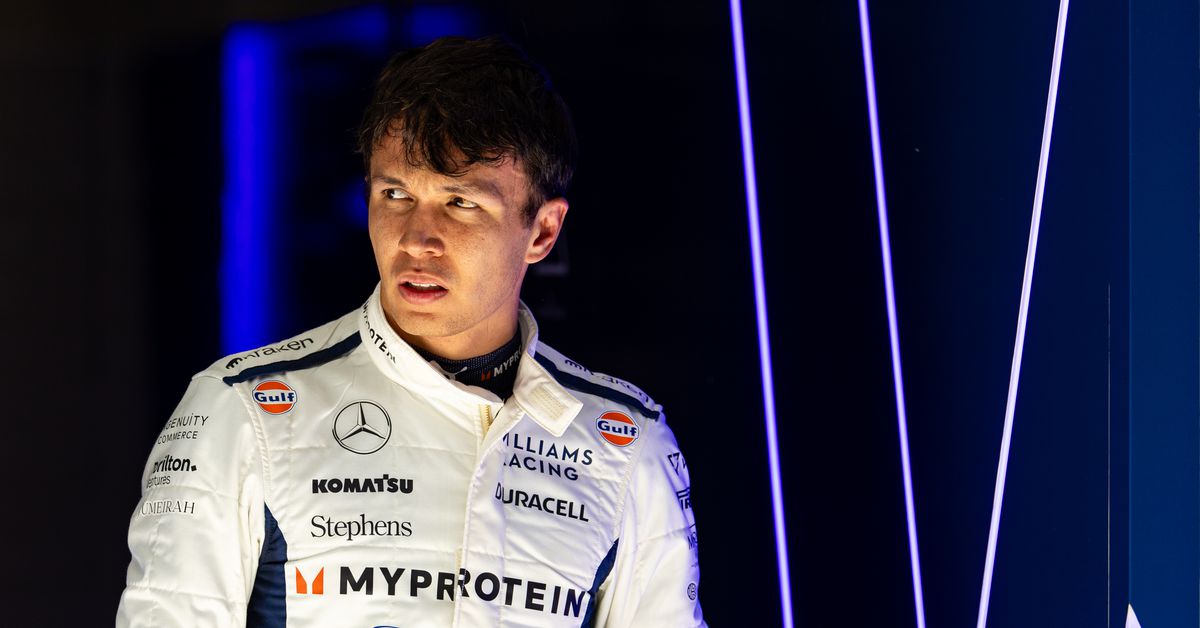Williams faced a challenging Saturday morning at the Formula 1 Miami Grand Prix following a tough Friday afternoon. Both Alexander Albon and Logan Sargeant struggled during qualifying for the F1 Sprint race, with Albon finishing in P20 and Sargeant in P18.
While a grid penalty for Valtteri Bottas provided some relief by moving both Williams drivers up a spot, the situation worsened for Albon as the team made changes to his car’s suspension, resulting in a pit lane start for the Sprint race.
The FIA confirmed that Williams made suspension adjustments to Albon’s FW46 after Sprint Qualifying, invoking Article 40.9 b) of the 2024 Formula One Sporting Regulations, necessitating a pit lane start for the driver.
The team acknowledged the need for adjustments, citing “discrepancies with the set-up and balance” discovered during the post-session review. This move aimed to enhance the car’s performance for the upcoming Sprint race.

Williams Racing announced the decision on social media, explaining the rationale behind starting Albon from the pit lane. The team expressed disappointment with the Sprint Qualifying result and highlighted their intention to use the morning Sprint race to gather data to improve performance in Qualifying and the main Race on Sunday.
Sporting Director Sven Smeets emphasized the importance of refining the package based on the insights gained from the Sprint race.
Albon reflected on the challenges faced during Sprint Qualifying, noting that changes made between FP1 and Qualifying did not yield the expected results. Despite efforts to improve the car’s setup, including adjustments to aero components, the outcome fell short of expectations, leading to an over-compromised setup.
The team planned to address these issues during the Sprint race and adjust the car setup accordingly in hopes of achieving better performance.
However, the necessity for immediate adjustments became apparent as the changes could not wait until after the Sprint race. This development underscores the dynamic nature of Formula 1 racing, where teams must make real-time decisions to optimize performance amidst evolving conditions and competition.
